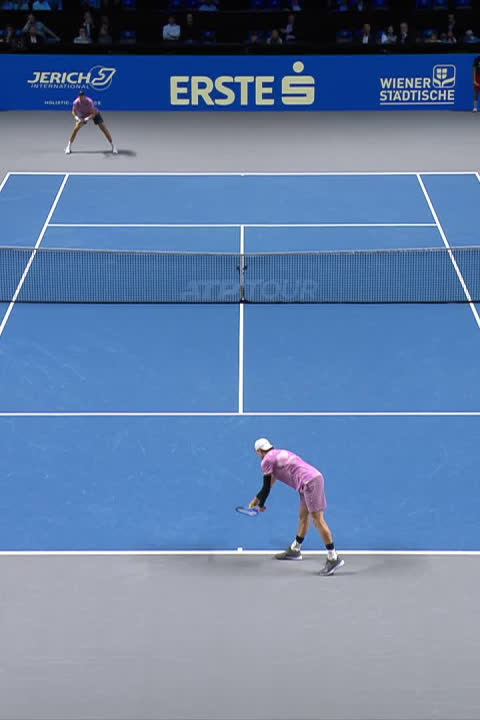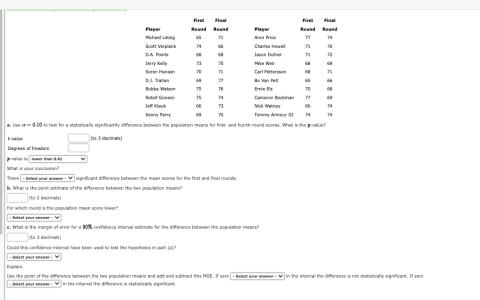So, I’d been looking around for some sheet music the other day. You know how it is, you get an urge to play something specific, or maybe just browse for inspiration. I was particularly in the mood for something classical, maybe a bit light, you know, Viennese style.

I started digging online, like usual. Typed in a few searches for free classical scores. Man, it’s often a bit of a mess. Lots of sites want you to sign up, or they have really poor scans, or it’s just the super common stuff you already have five copies of. I spent a good chunk of time clicking through things, getting a bit annoyed, honestly.
Then, somewhere in the search results, I saw mentions of “vienna open scores”. Didn’t ring an immediate bell, but the “open” part caught my eye. Usually means free, right? Or at least, accessible. So I decided to investigate this specific phrase more.
My First Look
It wasn’t like one single, massive website, from what I could gather initially. It seemed more like a concept or maybe a collection spread across different places, possibly linked to certain libraries or projects focusing on, well, Viennese music that’s out of copyright. Public domain stuff mostly, I guessed.
I found some resources, digital libraries, that sort of thing. Here’s what I did:
- Focused my search: I added terms like “digital library” or “archive” along with “vienna open scores”.
- Checked sources: Looked for things that seemed associated with actual libraries or universities over random blogs. Seemed safer, quality-wise.
- Browsed collections: Started clicking around in the collections I found. Some were easier to navigate than others.
Getting Down to It
Okay, so I landed on a couple of digital archive type places. The interface on one was a bit old-fashioned, clunky even. Took me a while to figure out how to actually search effectively. But, persistence pays off, right?
I found some gems! Things like old waltz scores, some operetta pieces. Not just the big famous names, but some lesser-known composers too, which was pretty cool. The quality varied. Some were beautiful, clear scans of printed editions. Others were clearly very old, maybe scanned from microfilm or something, harder to read but still usable if you’re patient.
I picked a couple of Strauss waltzes I didn’t have clean copies of. Downloaded the files, usually PDFs. No fuss, no signup needed on the particular archive I was using at that moment, which was a relief.
I printed one out right away. Looked decent on paper. Sat down at the piano later that evening. The notes were clear enough, dynamics and articulation marks were all there. It played just fine. It felt quite satisfying, finding something good for free after all that searching.

Thoughts on the Process
So, this “vienna open scores” thing, it’s not a magic button. It’s more like a pointer towards resources where you can find open, often public domain, Viennese music scores. You still have to do the legwork. You have to sift through digital library interfaces, figure out their search quirks, and deal with varying scan qualities.
It’s not perfect. The selection isn’t endless, obviously. It’s mostly older stuff because of copyright. And sometimes finding a specific edition you want is hard. But for browsing, exploring, and getting perfectly usable copies of a lot of classic Viennese repertoire without paying? It’s pretty darn useful.
For me, it’s become another tool in my toolkit when I’m hunting for sheet music. I know what to expect now – a bit of a treasure hunt, but sometimes you find exactly what you need, or discover something new entirely. And doing it yourself, finding that score, downloading it, printing it… there’s a practical satisfaction in that. Beats paying for something you might only play once or twice, anyway.














